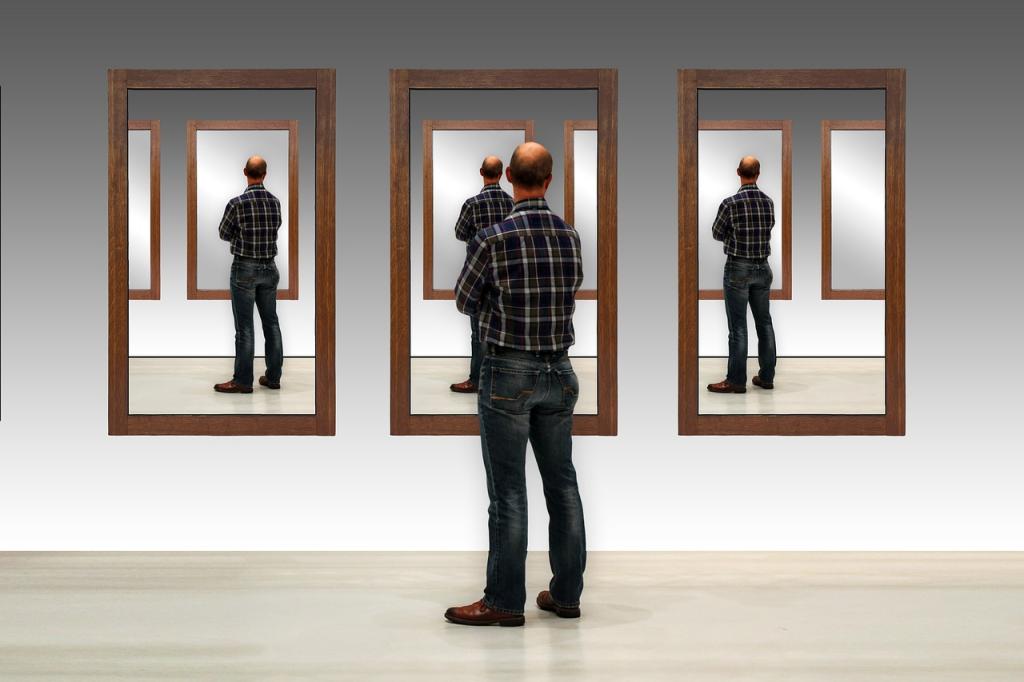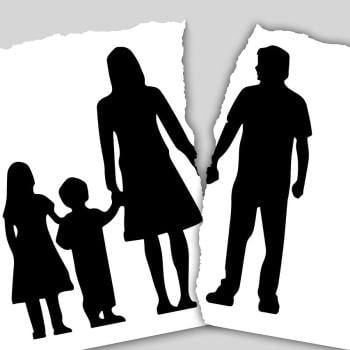
Image by Gerd Altmann from Pixabay
Have you noticed that the traits or behaviors we see, dislike, and criticize in others often reflect something within ourselves? I first heard the phrase, “You spot it, you got it” from a respected pastor who intended to highlight the importance of self-awareness. Our reactions to others reveal a lot about ourselves. Like it or not, admit it or not, we humans tend to be extremely sensitive in others to what is hidden (or not so hidden) in us.
- I get frustrated when someone tries to control me because I am a controller, too.
- Self-centeredness in others pushes my buttons because I am often selfish.
- A negative spirit in another person results in an overly critical reaction from me.
It is wise to zoom out and ask ourselves, “Why am I behaving with so much emotion over the words or actions of another?” The answer might be that what I hate about myself is what I see in them.
Of course, this negative projection is only sometimes accurate. Sometimes, because of years of experience working and living with people, we see things in the character of others that are not currently true about us. However, Jungian psychology suggests that our sensitivity results from firsthand experiences in the past.
More than I want to own it, what I spot in others is far too often either something I consistently failed at in the past or something I still struggle with now. If that is true, and it is, why am I so quick to judge and criticize others? Why am I so harsh with the shortcomings of others who look and sound like me?
Ouch.
In Mathias Barra’s powerful article about self-awareness, he quotes Vironika Tugaleva, who wrote, “To know yourself, you must sacrifice the illusion that you already do.”

Image by Gerd Altmann from Pixabay
To be self-aware is to attempt to understand our thoughts, emotions, and behaviors concerning how and why we act the way we do. By cultivating this practice, we can identify patterns, strengths, and weaknesses in our lives, and that helps us to under-react rather than over-react and operate impulsively toward others. Self-awareness of our shortcomings and sins fosters better relationships as we understand why the actions of others are a trigger. We also learn to be patient with others because we know no stones should be in our hands.
Once upon a time (yes, this is where I tell you a story), I managed ten people on the staff of a huge and growing church. As you would expect, we had weekly team meetings designed to give me the opportunity to inspire and motivate the group. We were the “next-gen” team that included staff members who oversaw everything from the nursery through college ministries. Most of the staff were young, fun-loving, and boisterous. I loved them and had a blast managing that group, but it often stressed me out, too. Leading them was akin to herding wild cats.
My boss, the executive pastor, and I met regularly for him to guide me. His name was Rick, and he was wise and supportive. By design, part of our time together was for me to bubble up any staff concerns and get his insight.
One of the guys on my team was strong-willed, outspoken, and frequently stubborn. Sometimes, his words and actions bordered on rebellion. He always did whatever was needed but was passively aggressive and could have been a better team player.
Rick started smiling as I complained to him and vented my frustrations.
“What the heck, Rick! What’s so funny?”
He leaned forward and, without missing a beat, said, “Funny how we see in others what is often true about us and yet not often understood about ourselves.”
I wasn’t happy.
He wasn’t wrong.
The reality is the guy I was grumping about was much like me. We had a lot in common.
(By the way, here’s another interesting article about Enneagram and self-awareness.)

Image by Gerd Altmann from Pixabay
So, here are some things I learned (and continue to learn, honestly):
- Before you gripe, curse, or get upset about someone, stop and ask, “Is this true about me?” Being self-aware means you need to look at yourself. (Weird, huh?)
- Complaining about someone to someone isn’t pretty, and it’s probably gossip (i.e., a sin).
- Being a Negative Ned or a Debbie Downer doesn’t truly help you, and it tends to drag others around you into the same ugly pit. No bueno.
- When I have an issue with somebody, the biblical mandate is to go to them and work it out if possible. I can’t change people, but as “far as it depends on me, I am to live at peace with everyone” (Romans 12:18).
- Instead of first focusing on what the person has said or done to me that ticked me off, it is always (and yes, I mean always) better to consider this first, “Why are they that way? Why did they do that?” I mentioned the “why” issue earlier in this article because it matters so much. When I take the time to consider why someone acts the way they do, I have the opportunity to sympathize or empathize, which softens my heart. I need to remember that hurt people hurt people.
In his book Love It Forward, Jeff Brown writes, “Eat your stuff before your stuff eats you.” Jeff does not explain what he means by “stuff,” but I suggest that, whether he meant it or not, my stuff includes my broken, fragile ego that quickly sees in others what I don’t want to see in myself.
So, the next time you’re standing next to me, and I go off in a negative rant about how stupid, irritating, and annoying someone else is, please pop me in the back of the head and say, “Funny how you spot it when you got it.”
‘Cause I probably do.
Please leave a comment below, and let’s engage in a conversation.
You can find out more about Kurt Bubna and his writing on Twitter and Facebook. You can read more about his views and insights, both in his books and on his website.













